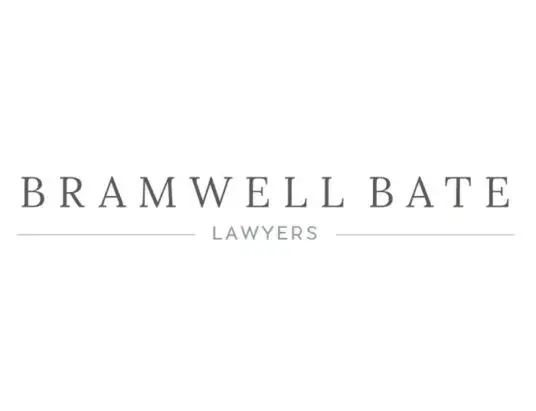It’s no secret that Kiwi’s have long loved trusts. It is estimated that there are currently between 300,000 and 500,000 trusts in New Zealand. But why the obsession? And is there still the same love for trusts that there once was?
Trusts have always been a useful tool for asset protection and estate planning.
Asset Protection
Historically, one of the most commons reasons for setting up a trust was to protect assets from creditors and relationship property claims. Protection from creditors is still a relevant consideration in setting up a trust. Transferring assets to a trust means that those assets are no longer owned by you but are now owned by the trustees of the trust.
Those assets are then better protected against any personal liability you may have to creditors. There are some conditions, however, so it is best to get legal advice first if you are setting up a trust for this purpose. And if you are looking for protection from relationship property claims, trusts may not be the answer.
The Property (Relationships) Act 1976 provides that the transfer of relationship property to a trust can still give rise to a relationship property claim despite that property now being held by the trust, and the Family Proceedings Act 1980 gives the Court wide discretion when dealing with “nuptial trusts”.
There are also other possible exposures of trust property to relationship property claims. If you are seeking to protect your assets from relationship property claims, your best option is to have a relationship property agreement in place, or what many call a “pre-nup”.
This does mean each party needs to seek independent legal advice, but this can be a small price to pay to ensure both sides know where they stand should the relationship end.
Estate Planning
Another common reason for setting up a trust was for its use as a vehicle to hold assets for future generations. This remains a relevant reason to establish a Trust, even today. The Trusts Act 2019 now allows trusts to have a lifetime of up to 125 years. That means that if your assets are held by the trust, they can continue to be held long after your death. This can be beneficial if, for example, you have a child with disabilities or certain needs who is unable to manage property themselves, or if you have assets that you would like to remain in the family and not be split up after your death.
Trust assets may also be protected from claims under the Family Protection Act 1955. These claims are usually made by spouses or partners of the deceased, or by children and/or grandchildren. If the assets are not held by the deceased but by the trust, those assets may be out of reach from such a claim.
Disadvantages
While trusts still have their benefits, there are some disadvantages. Often people will transfer assets to a trust and continue to manage those assets as they had when the assets were in their own name. However, the trust is a separate entity and there are certain requirements that trustees must adhere to. Trustees have a duty to act for the benefit of the beneficiaries of the trust in accordance with the terms of the trust deed, so it is important that the terms of the trust deed adequately reflect how the trust should be administered.
There is usually more administration involved with a trust than if the assets remained in your own name, including documenting of trustee’s decision making, and if you have an independent trustee (which is recommended) then there is someone else who must be involved in that decision making. The Trusts Act 2019 also includes a presumption that trustees disclose basic trust information to beneficiaries, including the fact that the person is a beneficiary and can request a copy of the trust deed, creating further obligations on trustees.
Despite an obvious change in how trusts are viewed, they still have a purpose but it is really important you get legal advice as to whether a trust is the right fit for you.
 Anna is a Director at Bramwell Bate. Born and raised in Gisborne, Anna graduated from Victoria University with a Bachelor of Law and a Bachelor of Arts in Japanese. After practicing law in Gisborne and Wellington, Anna joined Bramwell Bate in 2015, working in corporate and commercial law, trusts, property, estates and succession law. Outside of work, Anna enjoys the Hawke’s Bay lifestyle with her family and friends. anna@bramwellbate.co.nz / 06 872 8210
Anna is a Director at Bramwell Bate. Born and raised in Gisborne, Anna graduated from Victoria University with a Bachelor of Law and a Bachelor of Arts in Japanese. After practicing law in Gisborne and Wellington, Anna joined Bramwell Bate in 2015, working in corporate and commercial law, trusts, property, estates and succession law. Outside of work, Anna enjoys the Hawke’s Bay lifestyle with her family and friends. anna@bramwellbate.co.nz / 06 872 8210



